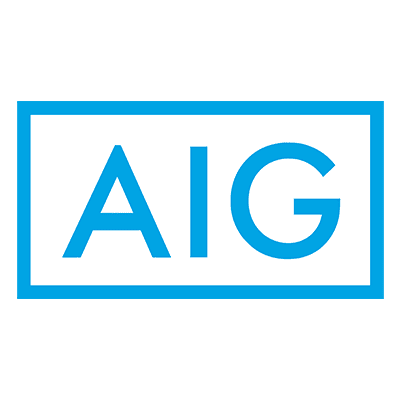
18 Jun 2024
Optical Cables Shed Light on Egypt's Tech Development
A veritable river of submarine optical cables is running through Egypt, connecting it digitally with Europe, Asia, and Africa in a way mirroring the Suez Canal has long connected Egypt physically. The cable presence is magnitudes greater than the nascent efforts of establishing Europe's optical-cable connectivity with Morocco and Tunisia.
The terabits of bandwidth flowing through Egypt are reflected in some of the IDCA Research data that examines techno-economic development among all the nations of the world. Egypt is well-known for the difficulty of doing business there, for ongoing social disruption since the Arab Spring of 2011, and its chaotic, crowded capital city of Cairo. The country is not one that springs to mind within the region when considering creating modern digital hubs and a Digital Economy.
Egypt Enters the Goldilocks Zone
Maybe it should be. Our data shows that, whether or not a function of its copious optical bandwidth, Egypt is well-ensconced within the “Goldilocks Zone” of pure technological development that we believe shows a balanced synchronization between technology and society. The Goldilocks countries are neither “too hot” (developing too quickly) or “too cold” (lagging).
Other examples of Goldilocks nations are China, India, most of Southeast Asia, Brazil, and much of Central and Northern Europe. Examples of nations that are lagging (not developing quickly enough given their resources) are Saudi Arabia, the USA, Mexico, and Nigeria. Examples of countries we think are running too hot are Mauritius, Vietnam, Thailand, and Iran.
The Good and the Bad
This optimistic finding about Egypt must be balanced with other data and other rankings we produce. For example, Egypt's 12% sustainable electricity grid is well below the world average, and it is 50% more wasteful than the world average in producing CO2 emissions relative to the size of its economy.
Egypt is at the world average in the Social and Governance scores in our Digital Readiness Index, albeit with a few key deficits. Its overall Digital Readiness Index places it 109th in the world; its overall results are mediocre when compared to other Frontier Markets (the income tier in which it falls in our analysis).
But yet, when stripping away dampening factors and looking at pure technological development, aspects of Egypt's progress (given its income level) move it from the laggards into the Goldilocks zone. It does lag in mobile subscriptions compared to many developing nations, and its data center footprint is a sliver of what it will need to be.
It's Time for More Data Centers
This latter area indeed represents the best opportunity for investors and the Egyptian government. With the globe's data center footprint projected to double by 2028, then reach increasingly stratospheric heights as AI-driven data centers take the world's center stage, it behooves Egypt to act now in ramping up its data center footprint. The country does have a relatively anemic electricity grid, so must also get investors focused on dramatically improving this grid as well, and making it sustainable.
Egypt's development challenge has enormity and complexity, and explains why the country is not currently a development hotspot. To its credit the Egyptian government is touting its recent progress in tech, with its R&D environment steadily climbing up into 55th place in the world. Our research confirms a measure of recent, incipient technological progress in Egypt, enough of a measure to warrant investors taking a second look and for the Egyptian government to keep pushing on the accelerator.
Follow us on social media:


.d57b427b.png&w=3840&q=75)

















